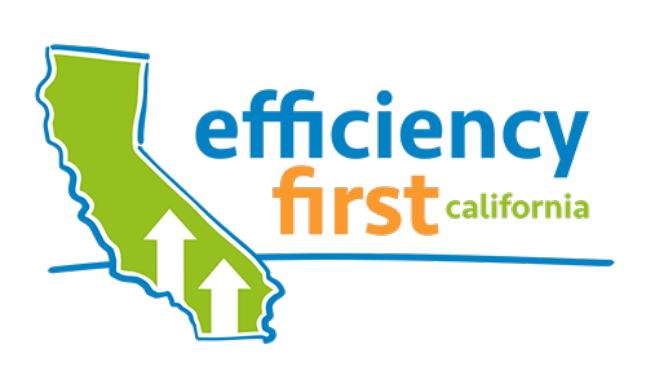
New Refrigerants and Building Design
Recent regulatory changes came into effect in 2025 impacting the allowable Global Warming Potential (GWP) of refrigerants. These changes come with new requirements for how refrigerant-based systems are handled and installed, leading to complications, opportunities, and emerging best practices for equipment selection, architectural and mechanical design, and electrification solutions. This panel will feature manufacturers, consultants, and design professionals discussing how these changes are already rippling out through the design and construction markets and what we may expect to see in emerging design and electrification trends as a result.
Panelists include:
Helen Walter-Terrinoni – Helen is the Director of Global Climate Policy at Trane
Prior to this, she worked as Vice President Regulatory Affairs at The Air-Conditioning, Heating, and Refrigeration Institute. Helen has also worked in Regulatory Affairs at The Chemours Company and Sourcing Planner at DuPont. Helen holds a Master’s Degree in chemical engineering, with a concentration in environmental engineering, from Syracuse University.
John Milkint- John is West Coast Territory Manager at Chemour
Passage of the AIM Act by the federal government has led the EPA to put into place regulations to phase down HFC refrigerants, and John will be sharing his expertise on the future landscape of HVACR refrigerants.
Moderator:
Tristan Grant, Associate Director, Codes & Policy, New Buildings Institute
Tristan brings over a decade of experience in the renewable energy and high-performance design and construction industries. In this work, he has provided oversight of teams providing design consultation, energy modeling, site inspections, testing and verification for new construction, and gut rehabilitation for residential multifamily projects throughout the Northeast region. In addition to managing the technical oversight of project deliverables, he has worked with clients on the scoping and development of comprehensive and strategic approaches to decarbonization, sustainability, and resilience at the portfolio level. Tristan has an educational background in building science with a Master of Design Studies in sustainable design from the Boston Architectural College. This deep education is complemented by practical field experience with inspections, testing and verification, and building performance diagnostics as a HERS Rater and PHIUS Verifier.


